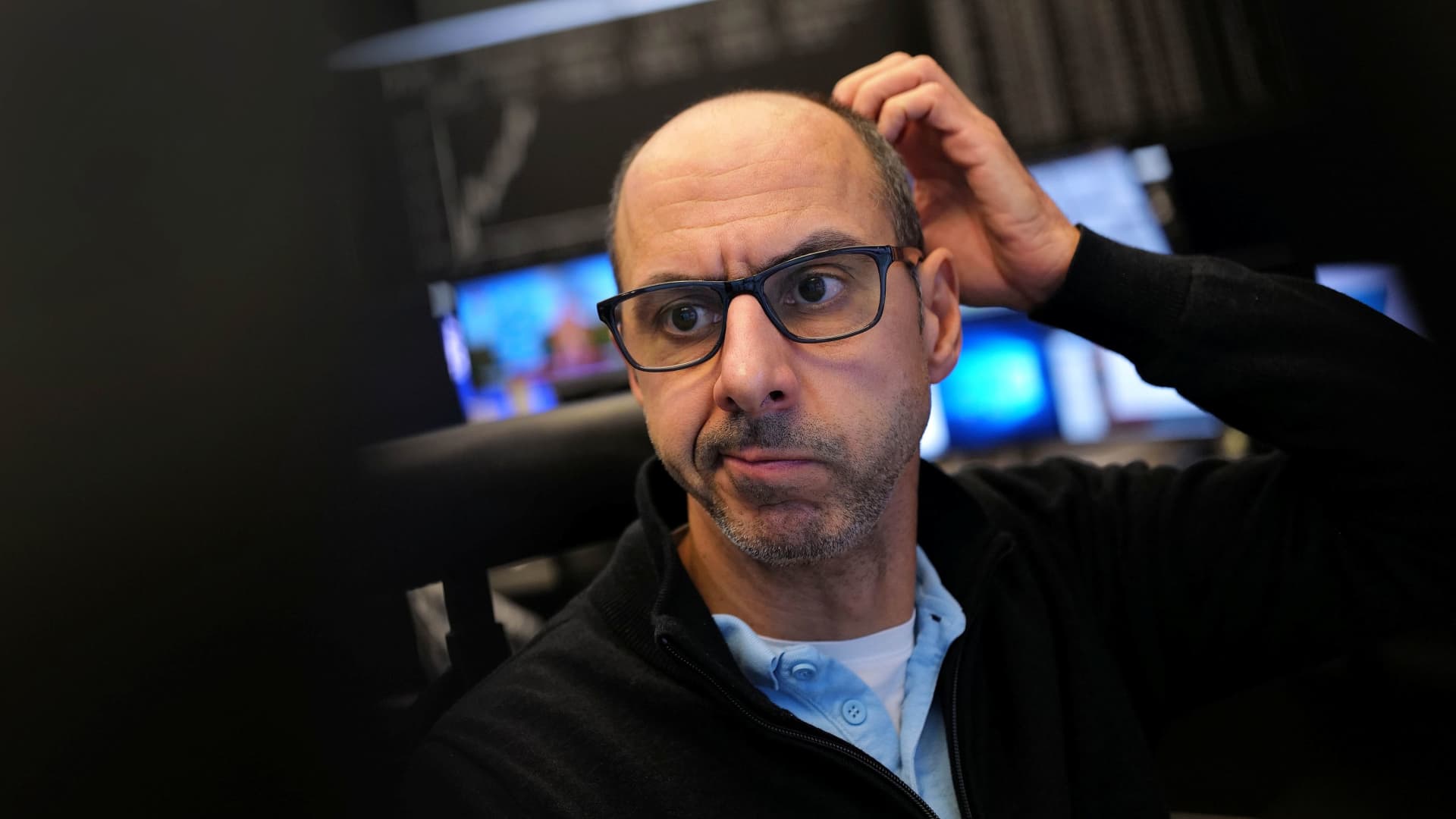
A sign outside of the Starbucks headquarters is seen at Starbucks Center on July 3, 2024 in Seattle, Washington.
David Ryder | Getty Images
More than a decade ago, Starbucks bought its first coffee farm, in Costa Rica. Now the coffee giant has added two more to its portfolio.
The Seattle-based company said Thursday that it’s invested in another farm in Costa Rica and its first in Guatemala in the hopes of getting closer to its goal of protecting its coffee supply from climate change.
Rising temperatures, frosts in Brazil, three consecutive years of La Nina and other extreme weather have been hurting coffee production in recent years, putting pressure on supply. For Starbucks, which buys 3% of the world’s coffee, the shortages can mean scrambling to find Arabica beans — and higher prices for its customers. Consumer coffee prices have risen 18% over the last five years as of August, according to the Bureau of Labor Statistics.
“Frosts in Brazil have already impacted volumes of up to 50%, so we can have really severe impact in terms of product availability, and that is more and more regular in the whole Coffee Belt,” said Roberto Vega, Starbucks vice president of global coffee agronomy, research and development and sustainability.
The Coffee Belt refers to the equatorial region with the ideal conditions to grow coffee beans.
A worker cuts and collects coffee fruits in a coffee plantation in Heredia, Costa Rica, on February 3, 2023.
Ezequiel Becerra | AFP | Getty Images
At the two new farms, Starbucks will study how hybrid coffee varieties perform at different elevations and soil conditions. The hybrid plants’ attributes include higher productivity and resistance against coffee leaf rust, a fungus that thrives in higher temperatures and rainfall.
“We can develop new hybrids, but the fact that a hybrid works in one country and under certain conditions doesn’t mean that it’s going to be working everywhere,” Vega said.
Vega’s team is also hoping to tackle other challenges faced by its coffee farmers that aren’t the direct result of climate change.
For example, the company’s new Guatemalan farm is small, with depleted soil and low productivity. Starbucks is hoping to stage a turnaround by recovering its soil and then will use those learnings to teach other farmers how to do the same.
“The farm is not necessarily in good shape, and that’s exactly what we were looking for. We wanted a farm that really mirrors the challenges that farmers are having today,” Vega said.
At the second farm in Costa Rica, which is located next to its existing Hacienda Alsacia, Starbucks plans to use drones, mechanization and other tech to address the labor shortages faced by many Latin American farmers.
Starbucks eventually plans to buy two more farms in Africa and Asia, stretching its agricultural portfolio across the Coffee Belt.







